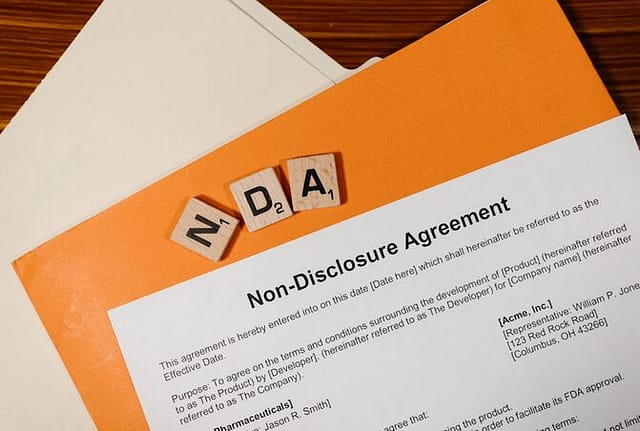Exploring the Legal Challenges of Filmmaking
Filmmaking is a thrilling adventure that blends creativity with technical skill. However, behind the excitement lies a complex web of legal challenges that can make or break your project. From copyright issues to contracts and agreements, navigating these hurdles is crucial for anyone stepping into the world of cinema. Whether you’re an aspiring director or a seasoned producer, understanding these legal intricacies will help you protect your vision while avoiding potential pitfalls. Let’s dive deep into the essential legal considerations every filmmaker should be aware of in this dynamic industry.
Copyright Issues
Copyright issues are at the forefront of filmmaking. It’s vital to grasp how copyright laws protect original works. When you create something new, you automatically own the rights to that creation. But what happens when your film incorporates someone else’s work? Using existing scripts from the jean di bella di giorno film, footage, or artwork without permission can lead to serious consequences. Filmmakers must secure licenses for any copyrighted material they wish to incorporate into their projects. This includes everything from scripts and visual art to character designs and soundtracks.
Licensing Music and Use of Existing Media
Music is the heartbeat of any film. It sets the mood, evokes emotions, and enhances storytelling. However, using existing music without permission can lead to serious legal trouble. Licensing music involves securing rights from artists or record labels. This process can be complex and costly but is essential for avoiding copyright infringement claims. Each track requires a different agreement depending on its intended use in your project. Beyond music, filmmakers often incorporate various forms of media—like photos or video clips—from other creators. Using these assets without proper licensing not only disrespects the original creator’s work but also exposes you to potential lawsuits.
Contracts and Agreements



Contracts and agreements are the backbone of filmmaking. They outline the relationships between everyone involved in a project, from directors to actors. Each contract protects individual rights while clearly stating obligations. When drafting these documents, attention to detail is crucial. A well-written agreement can prevent misunderstandings down the line. It should cover payment terms, deadlines, and deliverables. Talent agreements often include clauses for exclusivity or non-disclosure.
Defamation and Privacy Issues
Filmmaking often dances on the fine line between storytelling and reality. This becomes particularly tricky when it comes to defamation and privacy. When a film portrays real people, there’s a risk of misrepresentation. A character based on someone’s life can lead to claims that damage reputations. Filmmakers must tread carefully, especially with sensitive or controversial subjects. Privacy issues also arise frequently. Using someone’s likeness without consent can spark legal battles.
Use of Trademarks and Brands
Using trademarks and brands in filmmaking can be a double-edged sword. On one hand, they add authenticity and context to your story. Viewers often connect more deeply when familiar logos appear on the screen. On the other hand, filmmakers must tread carefully. Unauthorized use of trademarks may lead to legal issues, including lawsuits from brand owners. Even unintentional usage can result in claims of trademark infringement. To navigate this terrain, it’s crucial to understand fair use principles.
Navigating the legal landscape of filmmaking is no small feat. Each aspect, from copyright issues to contracts, poses unique challenges that filmmakers must address thoughtfully and strategically. Understanding copyright laws protects original works while licensing music ensures creators receive their due credit and compensation. Filmmakers should remain vigilant about these legal aspects throughout their creative processes. Being informed not only enhances creativity but also helps avoid potential pitfalls that could derail projects before they even hit the screen.…
